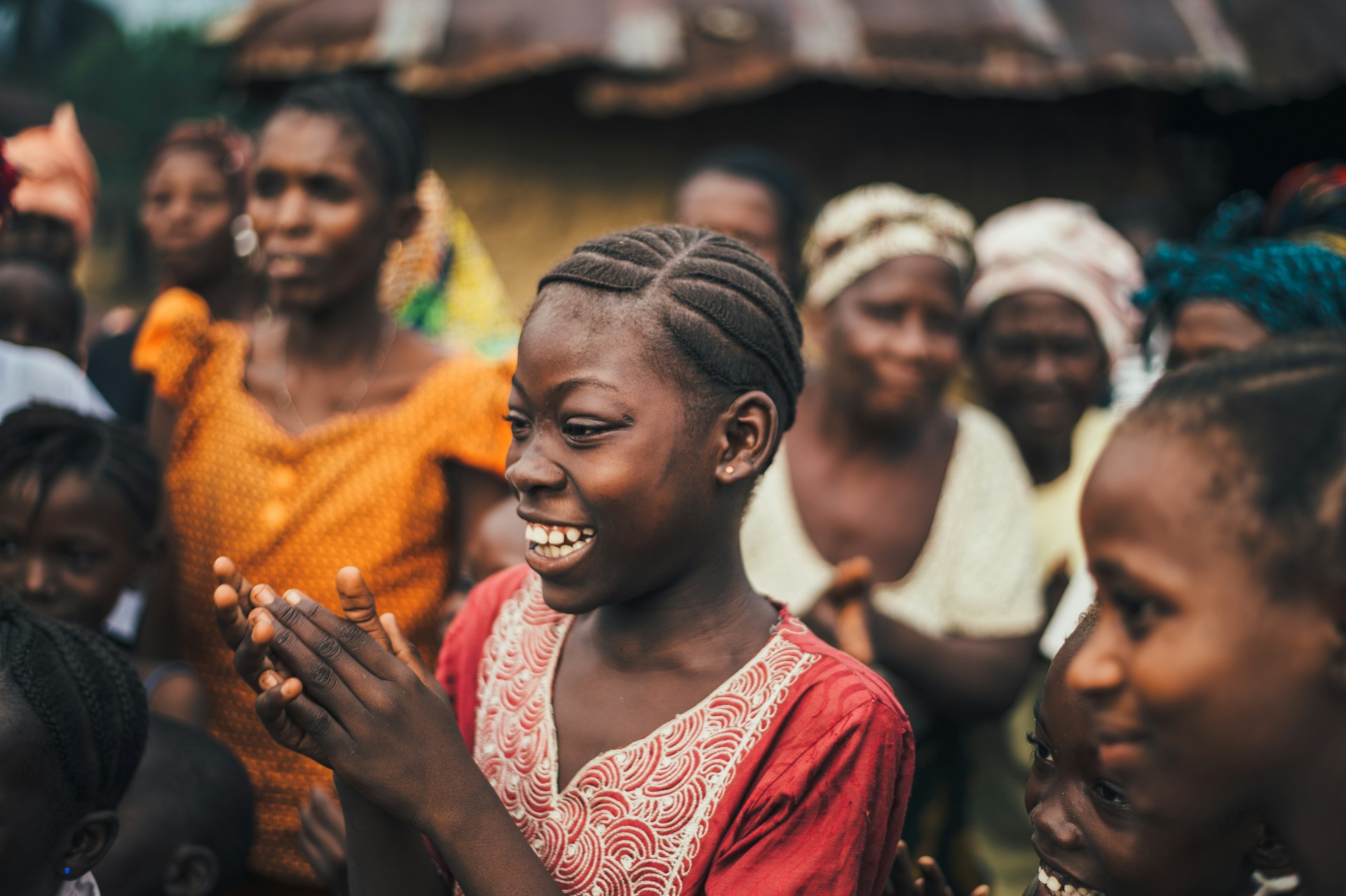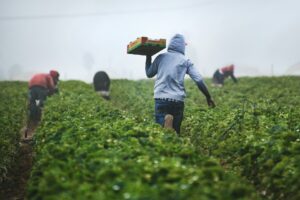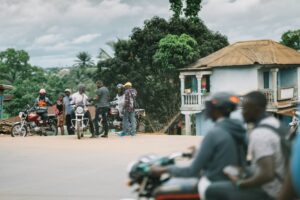Lorem Ipsum is simply dummy text of the printing and typesetting industry. Lorem Ipsum has been the industry’s standard dummy text ever since the 1500s, when an unknown printer took a galley of type and scrambled it to make a type specimen book. It has survived not only five centuries, but also the leap into electronic typesetting, remaining essentially unchanged
- Location and Subdivisions : The Wimbum people primarily live in the Nkambe Central and Ndu subdivisions of Donga-Mantung Division, North West Region. Their territory includes towns like Nkambe, Ndu, and Taku.
- Language : They speak Limbum, a Grassfields Bantu language. It is widely spoken within the community and also taught in local schools to preserve cultural identity.
- Traditional Leadership : Each Wimbum village is led by a Fon (traditional ruler), who governs along with a council of elders. The Fon is a spiritual and political leader, deeply respected in the community.
- Fondoms and Clans : There are three major Wimbum fondoms: Ndu, Nkambe, and Taku. Each fondom is divided into clans and villages, each with unique local traditions but a shared ethnic identity.
- Livelihood and Economy : The Wimbum are mostly farmers, cultivating crops like maize, beans, potatoes, and coffee. Ndu is especially known for its high-quality tea plantations (Ndu Tea Estate).
- Rich Cultural Festivals : Wimbum people celebrate traditional festivals like the Ngonso Festival and cultural days in different fondoms. These include dances, masquerades, drumming, and storytelling.
- Traditional Dances and Music : They have a rich heritage of traditional music and dances such as Njang, Nchibi, and Ndere, often performed during ceremonies, funerals, and chieftaincy events.
- Christianity and Traditional Beliefs : While Christianity (especially Presbyterian and Catholic) is dominant, traditional beliefs still influence daily life, especially in respect to ancestors, land, and sacred forests.
- Marriage Customs : Marriage involves bride price negotiations, family involvement, and elaborate ceremonies. Polygamy is less common today but was traditionally practiced.
- Wimbum Diaspora and Education : Wimbum people place a high value on education, and many are professionals in Cameroon and abroad. There’s a strong Wimbum diaspora that supports development in their home communities.




